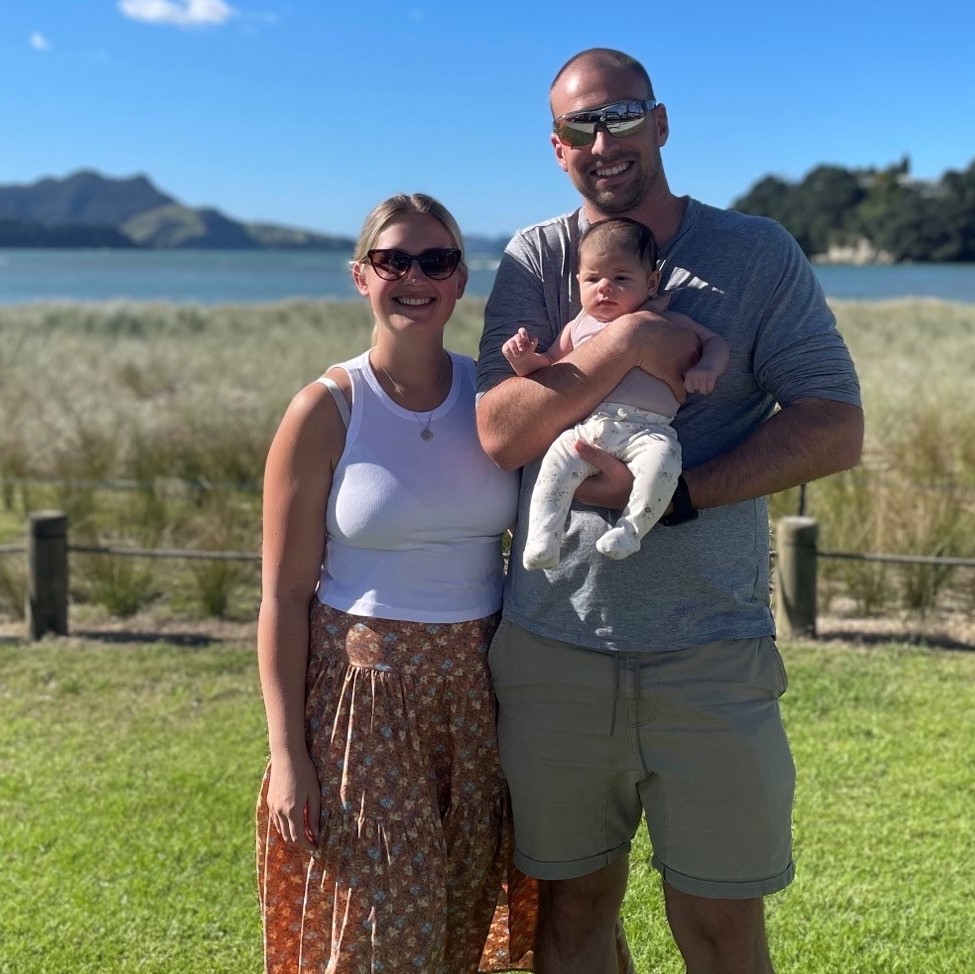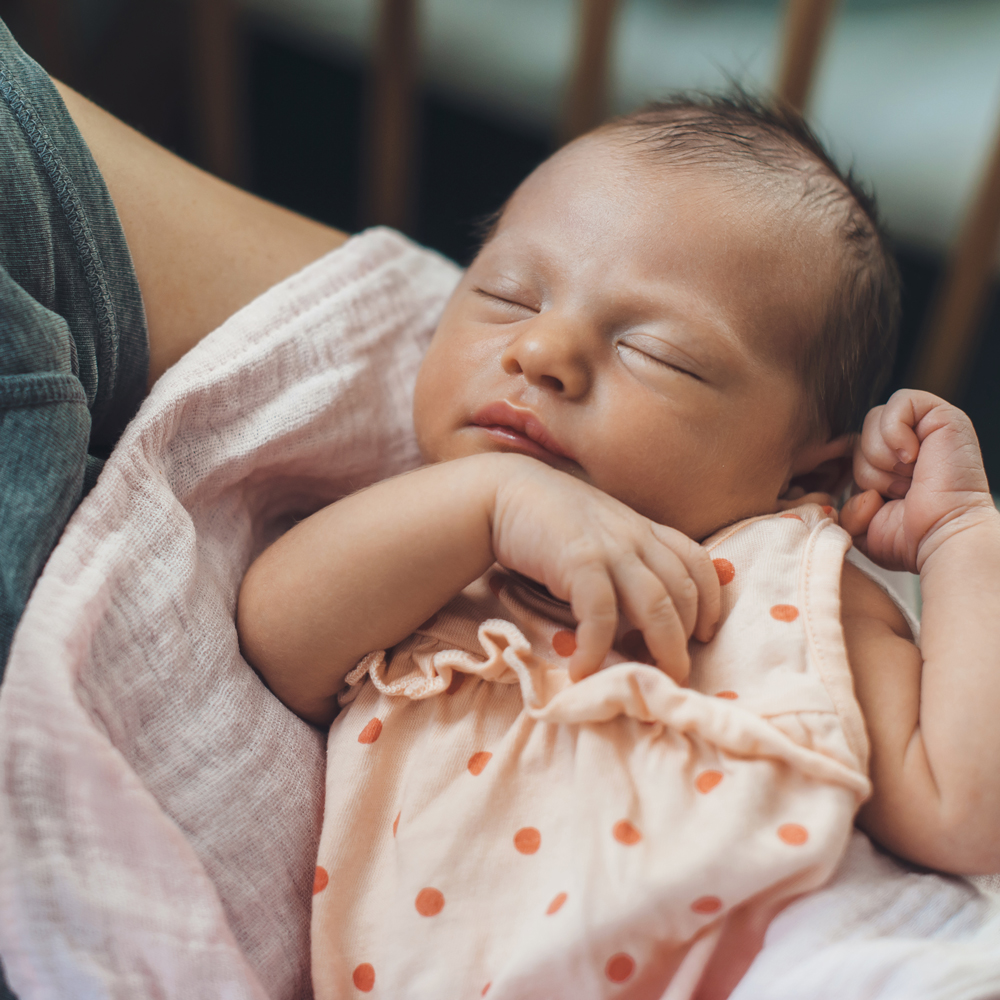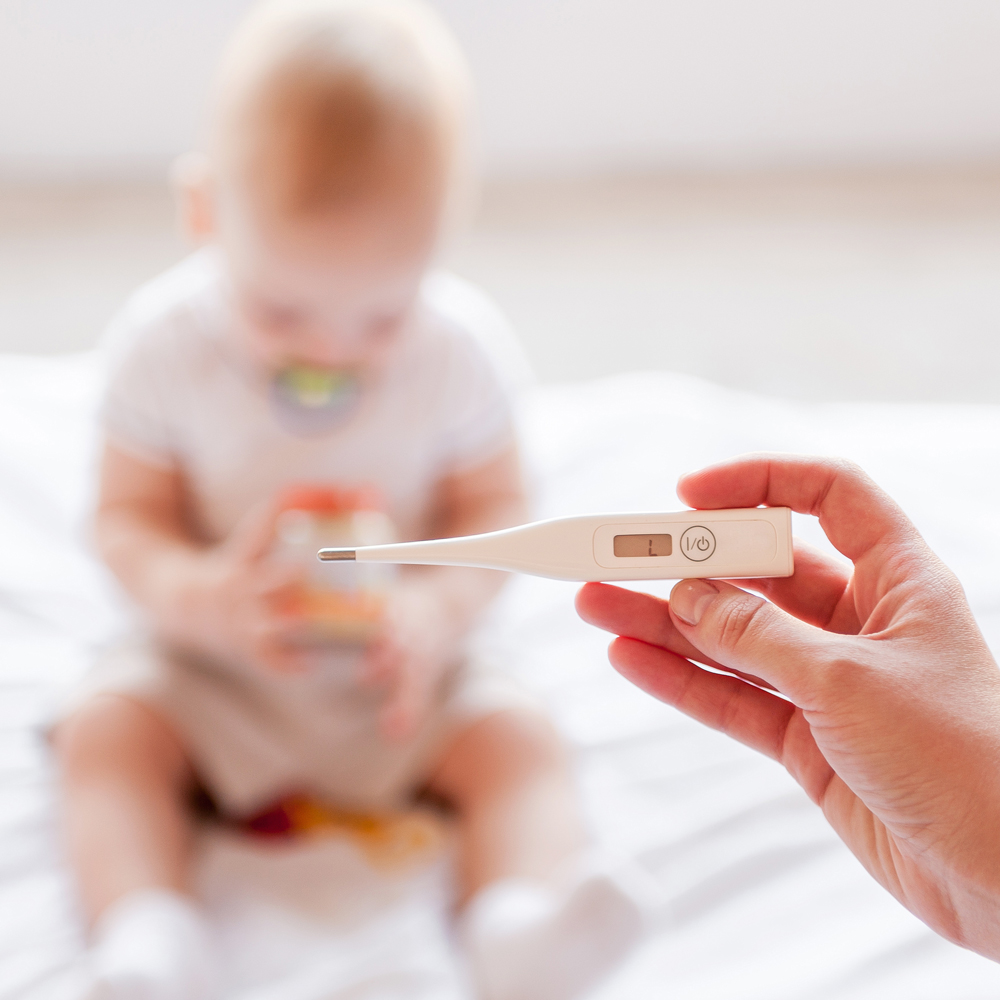A Fertility Doctor Answers Your Questions about COVID-19, the Vaccine, and Fertility

The Ministry of Health recommends that people who are pregnant, trying to conceive, or breastfeeding receive the Pfizer vaccine to protect themselves against COVID-19. It’s important that we all seek accurate and reliable information before making a decision, and with some feeling hesitant to be vaccinated due to concerns about fertility, we spoke to fertility specialist, gynaecologist and obstetrician Olivia Stuart about the facts.
Kia ora Olivia. Ko wai koe? Can you start by introducing yourself?
Ko Tararua raua ko Te Ahuahu nga maunga
Ko Ngāti Kahugnunu raua Ko Ngāpuhi nga iwi
Ko Rangitāne raua ko Ngāti Hine nga hapu
Ko Papawai raua ko Parawhenua nga marae
Ko Tutuhanga Otekai Arahi Ngatuere raua Ko Te Koneke Ruhe oku Tupuna
Ko Olivia Stuart taku ingoa
I’m a Fertility Subspecialist (CREI) and Gynaecologist at Fertility Associates and an Obstetrician with Birthright in Auckland.
How can becoming infected with COVID-19 affect female and male fertility?
The impact of COVID-19 infection on fertility is largely unknown, however once women become pregnant they are at high risk of the serious consequences of COVID-19 infection. There have been studies around male sperm motility and COVID was found to negatively impact sperm, as you might see with other viruses like mumps and influenza.
What is the current COVID-19 vaccine recommendation for those who are actively trying to conceive or planning to conceive in the future?
The current advice is not to delay vaccination. If you are planning to get pregnant, you can get vaccinated at any time. The Ministry of Health encourages people who are pregnant or to get a COVID-19 vaccine as soon as possible, at any stage of their pregnancy, and both doses for maximum protection and benefit, three weeks apart.
What about for those undergoing or about to embark on fertility treatment? Is there any reason why it may not be recommended for them to have the vaccine?
No. We recommend all women, those trying and pregnant to get vaccinated as soon as possible.
What effect does the Pfizer vaccine have on fertility? Are there any risks for those trying to conceive?
The vaccine has not shown any negative impact on fertility or their chances to conceive.
There have been reports of people having heavier periods after receiving the Pfizer vaccine. What impact might period or menstrual cycle changes, as a result of the vaccine, have on those trying to conceive?
Periods are not affected by the COVID vaccination. Our brain’s hormonal drive to grow an egg, make ovulation occur and therefore a period (if the egg is unfertilised) is very sensitive to physical or psychological stress such as being sick, gaining or losing weight, and is our body’s way of avoiding pregnancy when we’re not in our optimal health.
Some pregnant people feel uncertain about receiving the vaccine in their first trimester, especially if they have experienced pregnancy loss prior. Is there any research to suggest that receiving that vaccine at a certain stage of pregnancy can increase the risks of potential side effects?
No, there is evidence to show that the COVID vaccination doesn’t increase our risk of miscarriage or having a baby with a birth defect. Unfortunately, we have a risk of both of these and the COVID vaccination doesn’t increase our baseline risk.
As per the RANZCOG advice – we would say vaccinate as soon as you can. COVID is more harmful to you and the baby. Especially the latest Delta variant. Pregnant people are more likely to get severely ill with COVID-19 compared to the general public.
What advice do you have for those who have experienced pregnancy loss or challenges conceiving and are hesitant to get the vaccine as a result?
The COVID-19 vaccine generates immunity against the virus in pregnant and breastfeeding people. Due to the growing number of variants in the community, it is safer to be vaccinated than not.
A large research group found that pregnant people are more likely to get severely ill with COVID-19 compared to the general public. With a higher percentage of pregnant people needing oxygen ventilator support and ICU admission, they are more likely to have a preterm birth or not survive the COVID-19 infection.
The antibodies our bodies make in response to the vaccine are passed through the placenta and breast milk to offer a level of protection to the baby. So don’t delay your vaccine, do it for your baby, do it for yourself and do it for the community.
Some people are concerned that there isn’t enough long-term research of the vaccine to identify potential long-term effects. What advice do you have for those who are hesitant for this reason?
The vaccination went through three phases of testing on >50,000 people and billions of people have received the vaccination around the world. So we have the biggest body of evidence – more than we could ever have from a study – of the safety and efficacy of the vaccination.
These types of vaccines are not loading your body with any part of the virus, rather they are teaching your body to identify and fight the virus if it sees it in the future.
If someone is currently pregnant or trying to conceive, when is the most ideal time to get vaccinated and why?
As soon you can. The risk of not being vaccinated is too high – with literally and most importantly, the lives of both mum and baby being at risk from the virus.



